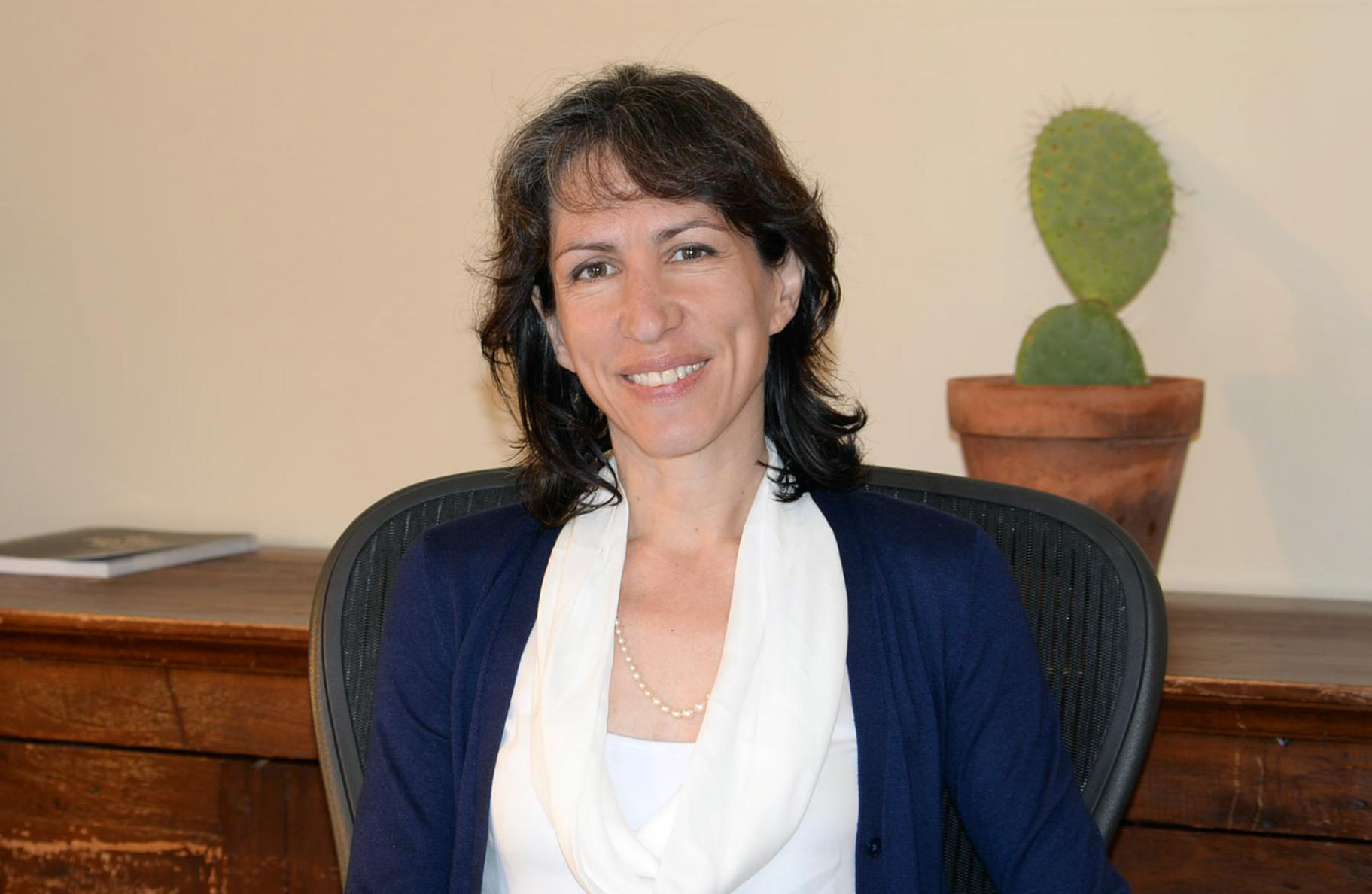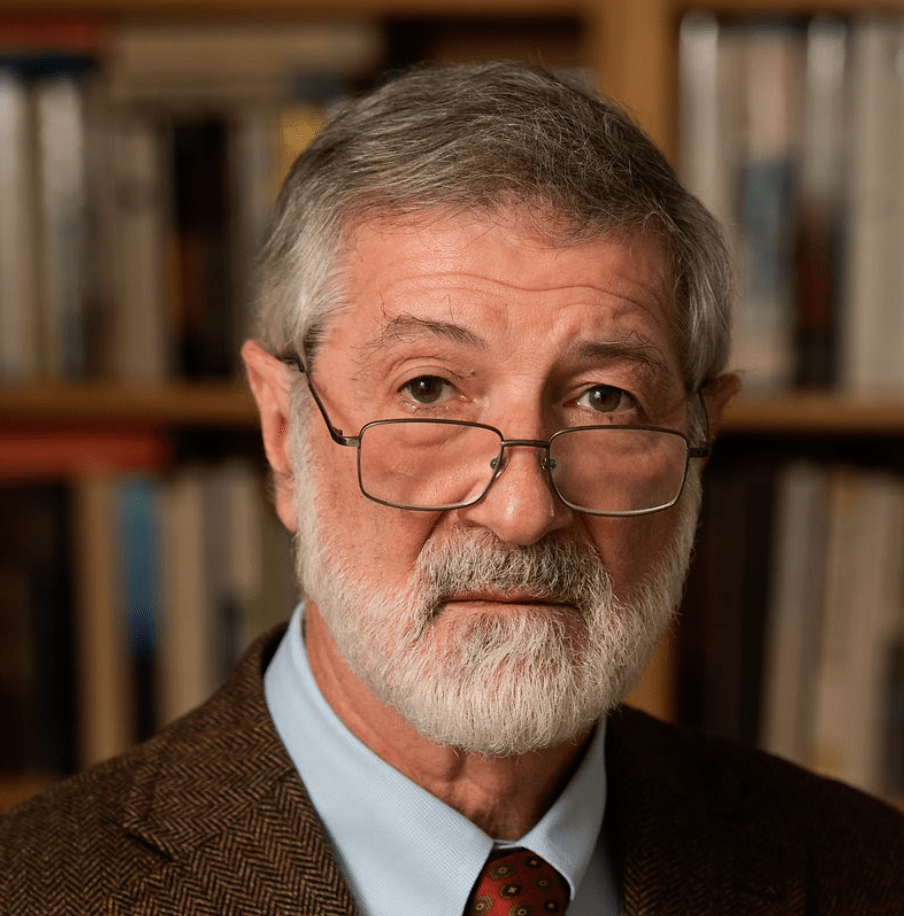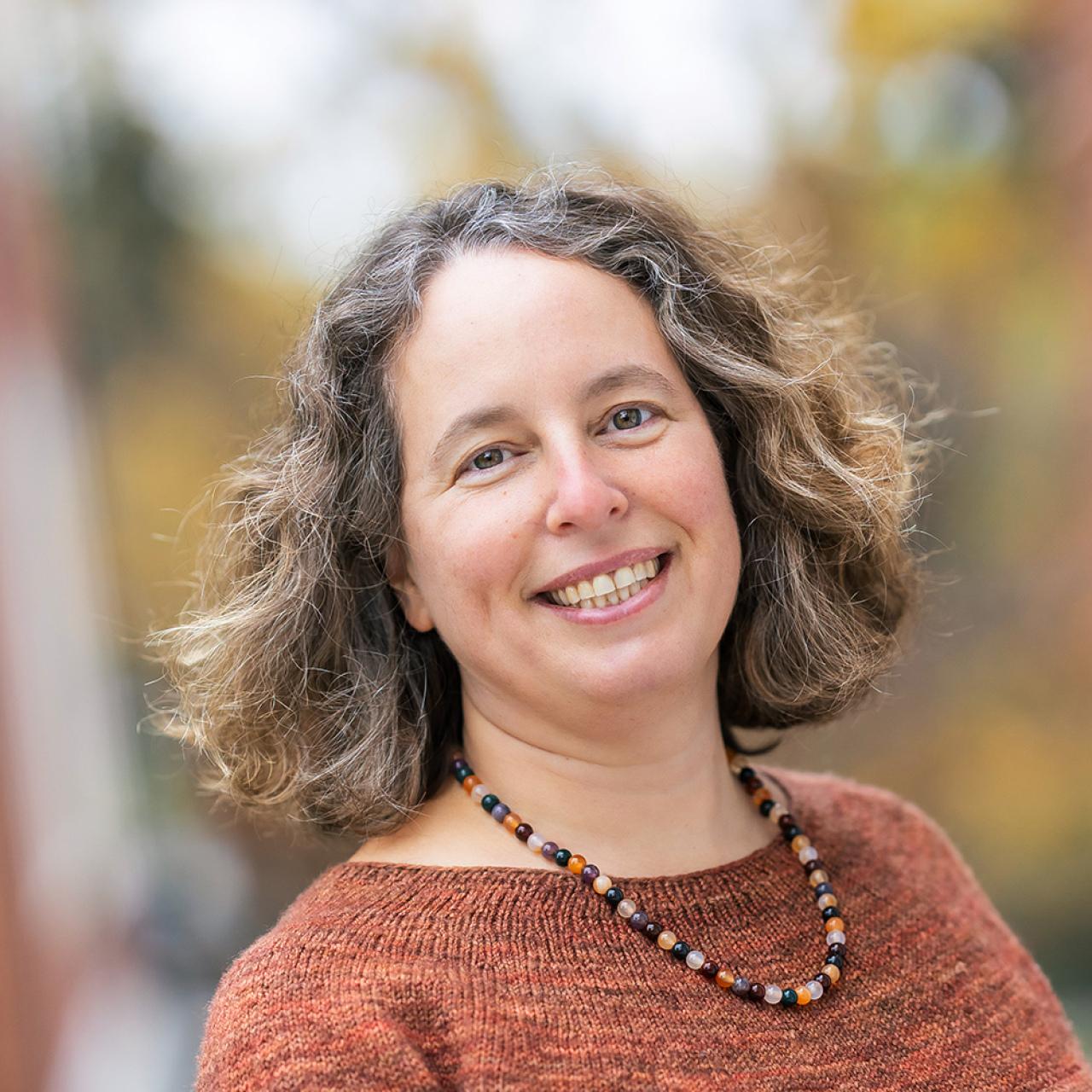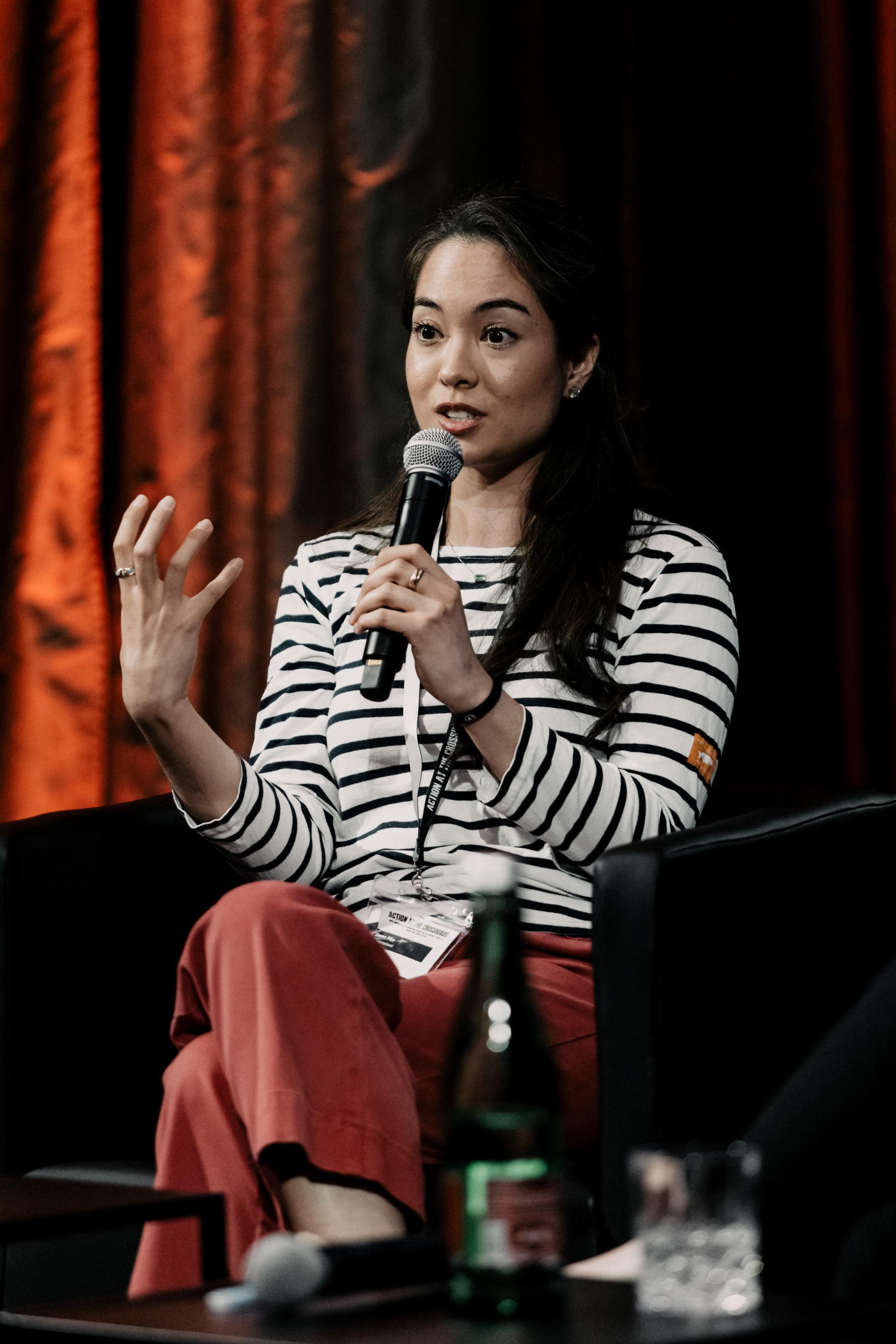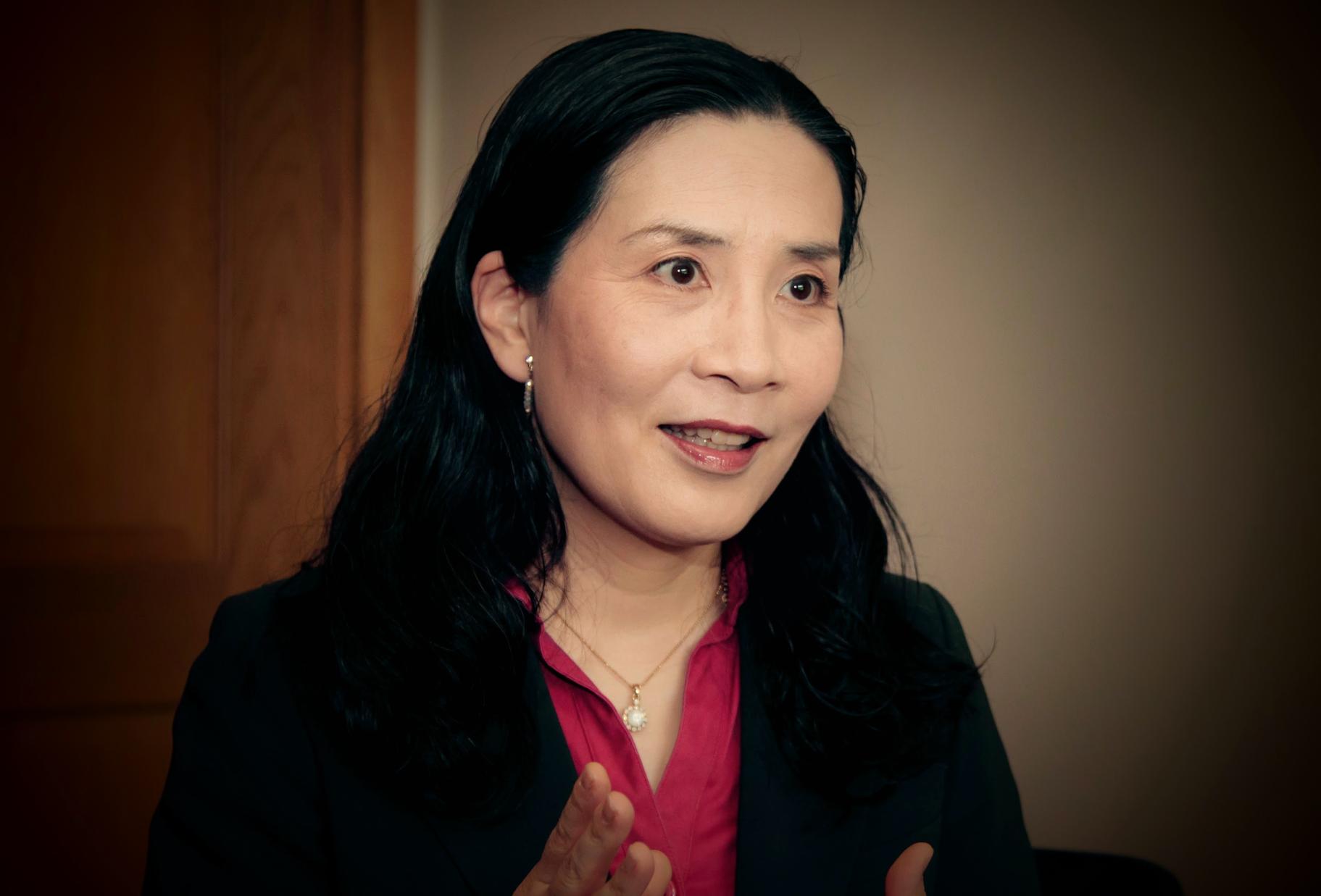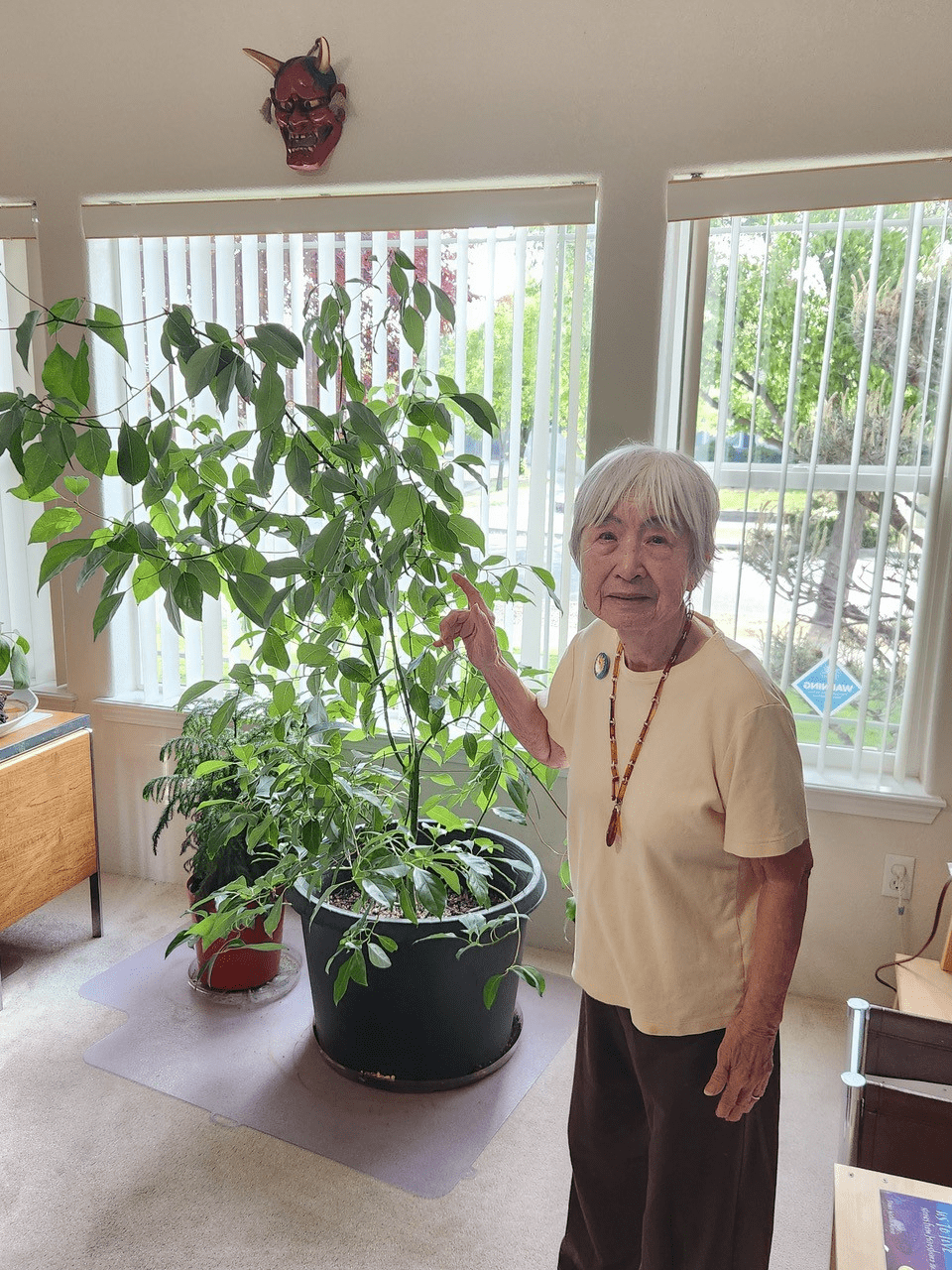Educating for Peace: Shaping a Future Free of Nuclear Weapons Program and Speakers
Program
5:00 - 5:20 | Reception
5:20 - 5:30 | Welcome by the Soka Institute for Global Solutions and the Ikeda Center for Peace, Learning, and Dialogue
5:30 - 5:45 | Virtual Message by Dr. Hideko Tamura-Snider
5:45 - 6:40 | Panel Discussion
6:40 - 6:55 | Q&A
6:55 - 7:00 | Closing Remarks
Panelists and Moderator
Ivana Nikolić Hughes is President of the Nuclear Age Peace Foundation and a Senior Lecturer in the Discipline of Chemistry at Columbia University. She holds a BS with Honors from Caltech, where she studied chemical engineering and completed her Senior Thesis with Prof. Frances Arnold, the first American woman to win a Nobel Prize in Chemistry. Dr. Hughes obtained her PhD from Stanford University, where she was an American Heart Association Predoctoral Fellow. She has been a faculty member at Columbia University since 2008 and was awarded the Lenfest Distinguished Columbia Faculty Award for 2020. Her work on ascertaining the radiological conditions in the Marshall Islands has been covered widely. Dr. Hughes currently serves as a member of the Scientific Advisory Group to the Treaty on the Prohibition of Nuclear Weapons, a committee consisting of 15 experts from around the world who advise the states parties on scientific issues as they pertain to the treaty. Her writing has appeared in The Nation, Bulletin of the Atomic Scientists, The Hill, Scientific American, Truthout, Common Dreams, Transcend Media Service, The Diplomat, and elsewhere.
Ira Helfand, MD, is a member of the International Steering Group of the International Campaign to Abolish Nuclear Weapons (ICAN), the recipient of the 2017 Nobel Peace Prize. He is also immediate past president of the International Physicians for the Prevention of Nuclear War (IPPNW), the founding partner of ICAN and itself the recipient of the 1985 Nobel Peace Prize. He is also co-founder and past president of Physicians for Social Responsibility, IPPNW’s US affiliate. He has published studies on the medical consequences of nuclear war in the world’s leading medical journals including the New England Journal of Medicine, the British Medical Journal, the Lancet, and the World Medical Journal, and has lectured widely in the United States, and in India, China, Japan, Korea, Russia, South Africa, Israel, Pakistan, Mexico, Brazil, Columbia, and throughout Europe on the health effects of nuclear weapons.
Meira Levinson (Moderator) is a normative political philosopher who works at the intersection of civic education, youth empowerment, racial justice, and educational ethics. In doing so, she draws upon scholarship from multiple disciplines as well as her eight years of experience teaching in the Atlanta and Boston Public Schools. She is currently working to start a global field of educational ethics, modeled in some ways after bioethics, that is philosophically rigorous, disciplinarily and experientially inclusive, and both relevant to and informed by educational policy and practice. Levinson’s work in this area has been supported by a Guggenheim Fellowship, Radcliffe Institute for Advanced Study, Harvard’s Edmond J. Safra Center of Ethics, and the Spencer Foundation. Since the onslaught of the global novel coronavirus pandemic, Levinson has been focused on expanding educational ethics to address the multitude of ethical challenges posed by school closures, remote schooling, and uncertain reopenings. In collaboration with colleagues, she has co-authored The Path to Zero and Schools: Achieving Pandemic-Resilient Teaching and Learning Spaces policy guidance, a New England Journal of Medicine article on Reopening Primary Schools in a Pandemic, and two additional white papers. She has also been leading global teacher discussion groups on the ethical challenges they face.
Emma Pike is program manager at Lex International. As an undergraduate studying International Relations, Emma was deeply moved by Daisaku Ikeda’s philosophy of peace as a pursuit that begins within each individual, eventually writing her thesis on Ikeda’s philosophy as a model for peace in the nuclear age. As a peace educator and specialist in global citizenship education, Emma is a firm believer in the central role that education plays in building a more peaceful and equitable world for all. Emma holds a Master of Arts in International Relations from the University of St Andrews, a Master of Arts in Development Education and Global Learning from the UCL Institute of Education, and a Master of Education in International Educational Development from Teachers College, Columbia University. In her current role at Lex International, she focuses on strengthening the role of international law, particularly in nuclear disarmament and regulation of autonomous weapons systems. She also engages in public education on these topics, highlighting the power that each individual person holds to effect positive change.
Masako Toki is a Senior Project Manager and Research Associate at the James Martin Center for Nonproliferation Studies at the Middlebury Institute in Monterey, CA. She is passionate about disarmament and nonproliferation education for young generations. She coordinates the Critical Issues Forum (CIF) to promote disarmament and nonproliferation education to high school students and teachers in the US, Japan, Russia and other countries, and the Summer Undergraduate Nonproliferation Fellowship Program. Her research interests include Japan’s nuclear disarmament policy, nonproliferation and disarmament education, humanitarian initiative, and the Treaty on the Prohibition of Nuclear Weapons. She is also a member of the Japan Association of Disarmament Studies and the US-Japan Leadership Program (US-Japan Foundation).
Special Guest
Dr. Hideko Tamura-Snider is a retired clinical social worker who was a child in Hiroshima when the city was destroyed in 1945 by an atom bomb explosion. She is the author of One Sunny Day, a story of a daughter and family living through the WWII devastation of Hiroshima and subsequent struggles. She has lectured extensively at universities in the US and in the UK with multi-media appearances. Dr. Hideko has continued her civic services after retirement and relocation to the West Coast, founding a non-profit charity, promoting antinuclear policies, peace education and collective healing for war refugees beyond cultural barriers. She received an honorary doctorate in Humane Letters from The College of Wooster. She was appointed Peace Ambassador by the City of Hiroshima and was a guest speaker for the 70th bombing anniversary in Hiroshima of Children’s Peace Conference in 2015. Her many publications include ‘When a Peace Tree Blooms’ (2014), translated into Japanese and Chinese and ‘One Sunny Day’ (1996) by Open Court Publishing among other.
Organizers
EdEthics at the Harvard Graduate School of Education
Housed at the Harvard Graduate School of Education and Edmond & Lily Safra Center for Ethics, EdEthics supports education ecosystems and policymakers to ask critical questions about the ethical nature of their work, develop tools and frameworks, and collaborate across differences. EdEthics also supports a growing network of scholars in building the field of educational ethics.
Ikeda Center for Peace, Learning, and Dialogue
Founded in 1993 by Buddhist philosopher, peacebuilder, and educator Daisaku Ikeda, the Ikeda Center’s mission is to build cultures of peace through learning and dialogue. The Center’s work is aimed at helping to establish a shared global ethic across cultures and religions—an ethic based on respect for the absolute sanctity of life itself, a firm belief in the human potential for good and for transforming the world, and a clear recognition of the interdependence of all life.
Ikeda Center programs include the development of multi-author books on topics in peace, learning, and dialogue; a fellows program to advance research on a humanistic form of learning called value-creating education; an annual Ikeda Forum for Intercultural Dialogue; and “Dialogue Nights” for college students and young professionals. These programs are inspired by founder Daisaku Ikeda’s belief that open-hearted, open-minded dialogue presents humankind with the surest path to peace.
Soka Institute for Global Solutions at Soka University of America
The Soka Institute for Global Solutions, or SIGS, serves as an anchor for global citizens to expand their collaborative, purposeful, and sustaining networks of global cooperation. The institute was launched in May 2022, based on the visions laid out by the late university founder Daisaku Ikeda in his 1987 peace proposal. In it, Ikeda envisions a world with human-centered sovereignty. With this in mind, SIGS provides outlets in global citizenship education knowledge and practices, while building a network of citizens who seek pragmatic solutions to the most challenging global problems of the present era.
James Martin Center for Nonproliferation Studies at the Middlebury Institute
The James Martin Center for Nonproliferation Studies (CNS) strives to combat the spread of weapons of mass destruction by training the next generation of nonproliferation specialists and disseminating timely information and analysis. It is the largest nongovernmental organization in the United States devoted exclusively to research and training on nonproliferation issues. CNS hosts annual Critical Issues Forums for high school students from around the world, including the United States, Japan, and Russia, to promote awareness of nonproliferation and disarmament issues and develop critical thinking skills through educational outreach activities. The Forums develop appreciation and understanding of different national and cultural perspectives on complex but vital international security issues.
...I have continued to maintain that if we are to truly put an end to the era of nuclear weapons we must struggle against the real enemy, which is neither nuclear weapons per se nor the states that possess or develop them, but rather the ways of thinking that permit the existence of such weapons—the readiness to annihilate others when they are perceived to be a threat or a hindrance to the realization of our objectives.
Daisaku Ikeda (2009 peace proposal: Toward a New Era of Peace and Disarmament: A People-Centered Approach)
